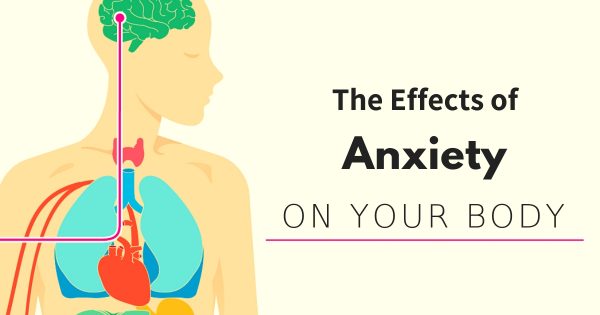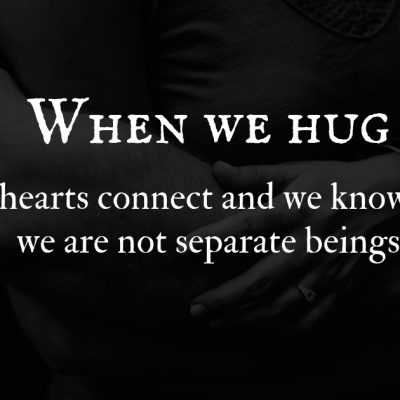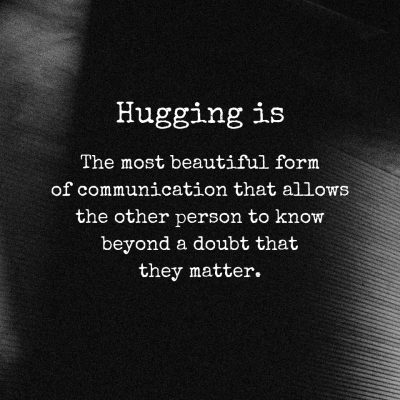Anxiety is part of our everyday lives. In fact, our entire species might have not survived without it. What anxiety does is to prepare us to face an intense situation. That’s why we may be getting butterflies before a job interview or when we go on stage to perform in front of an audience.
 In physical terms, anxiety increases our heart rate and breathing, concentrating blood flow to our brain so that we may handle a given situation. When our bodies enter a persistent state of anxiety due to stress or other factors, then it may be a sign of anxiety disorder.
In physical terms, anxiety increases our heart rate and breathing, concentrating blood flow to our brain so that we may handle a given situation. When our bodies enter a persistent state of anxiety due to stress or other factors, then it may be a sign of anxiety disorder.
MORE: 5 Phrases That Hurt People With Anxiety More Than We Know
Anxiety disorders can wreak havoc on our mental as well as physical health. Here are some ways an anxiety disorder can impact us on a physical level.
Cardiovascular system
Extreme anxiety can cause heart palpitations, chest pain and increased heart rate. A pounding heart also sometimes precedes a panic attack.
Central nervous system
When we’re dealing with a stressful event, our brain floods our nervous system with hormones and chemicals to help us cope. Such hormones are cortisol and adrenaline. An anxiety disorder develops when our brain releases these hormones on a regular basis.
MORE: 10 Important Signs That Your Body Is Under Too Much Stress
While the chemicals release is helpful for short-term stress, a prolonged exposure is very harmful for our overall health.
Digestive system
Long-term anxiety and worrying can also affect our digestive systems. A prolonged state of tension could give us stomachaches, nausea or constipation or even vomiting. Moreover, there may be a connection between anxiety disorders and irritable bowel syndrome. Loss of appetite or overeating can occur due to anxiety as well.
Immune system
When our bodies prepare us to deal with a stressful situation, we are flooded with adrenaline and even get a boost in our immune system. Usually, our bodies return to normal functioning once the event has passed.
MORE: 5 Best Ways You Can Cope With Anxiety
But if we repeatedly feel anxious, worried or stressed, our bodies will pick up those signals and thus never return to normal functioning, or a more relaxed state. This can weaken our immune system as well, making us more prone to viral infections and frequent illnesses.
Respiratory system
A state of high alert will cause breathing problems too. Anxiety usually causes rapid and shallow breathing and may get more intense when having panic attacks. Needless to say, it makes asthma symptoms worse.
Other physical effects of anxiety disorder include:
- headaches
- dizziness
- muscle tension
- insomnia
MORE: 6 Signs Your Stress Is Actually Hidden Anxiety
If you are dealing with any of these signs and symptoms, please seek professional help. There are natural treatments to help you deal with excessive worrying and anxiety such as deep breathing exercises, yoga, exercising and others.
Please share!










